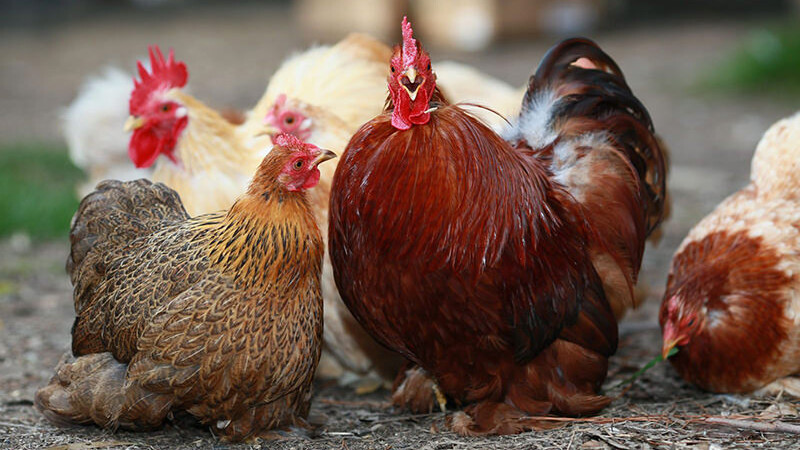

When a chicken faces extreme conditions such as excessive heat, its body’s defence mechanisms kick in, resulting in stress. Other stressors include a very low ambient temperature, a high ammonia level in the poultry house, dehydration, infection, overcrowding and rough handling.
High environmental temperature has been noted as the most common stressor of poultry. Heat stress has a severe impact on the health of the bird, affecting its production and, as a result, the profit of the enterprise. To cope with heat stress, the bird has evolved a number of adaptations that it uses in combination: these are behavioral, biochemical and physiological.
– Behavioural adaptation: The bird pants or hyperventilates, spreads its wings or feathers, and tries to keep its body as close as possible to a cool surface.
– Biochemical adaptation: The bird uses more oxygen, and the level of carbon dioxide in its blood decreases. In addition, a change in the level of potassium disrupts cellular function.
– Physiological adaptation: Heat stress stimulates the bird’s adrenal cortex, causing an increase in corticosteroid secretion. This leads to suppression of the immune system.
Insufficient natural production of Vitamin C
Poultry experience heat stress when the birds are exposed to an ambient temperature higher than 30°C. While you may not be able to reduce the ambient temperature, especially in hot seasons, you can alleviate the effects through supplements.
Vitamin C (ascorbic acid) is crucial in reducing the effects of heat stress in poultry. It is synthesised in the kidneys, but when the chicken is exposed to excessive heat, the amount produced by its body will be insufficient, and the vitamin will then have to be given as a supplement.
Vitamin C is required for the absorption of vitamin D3 into its metabolic form. This, in turn, is required for calcium metabolism and egg and bone calcification. It plays a vital role in other processes, including the functioning of white blood cells, which help fight infection.
Vitamin C supplementation helps with the mobilisation of minerals from the bones and increases plasma calcium levels for improved eggshell formation.
Using a vitamin and electrolyte supplement can increase body weight, improve energy levels and help alleviate the effects of heat stress in poultry.
 Contact Jaguza Support
Contact Jaguza Support